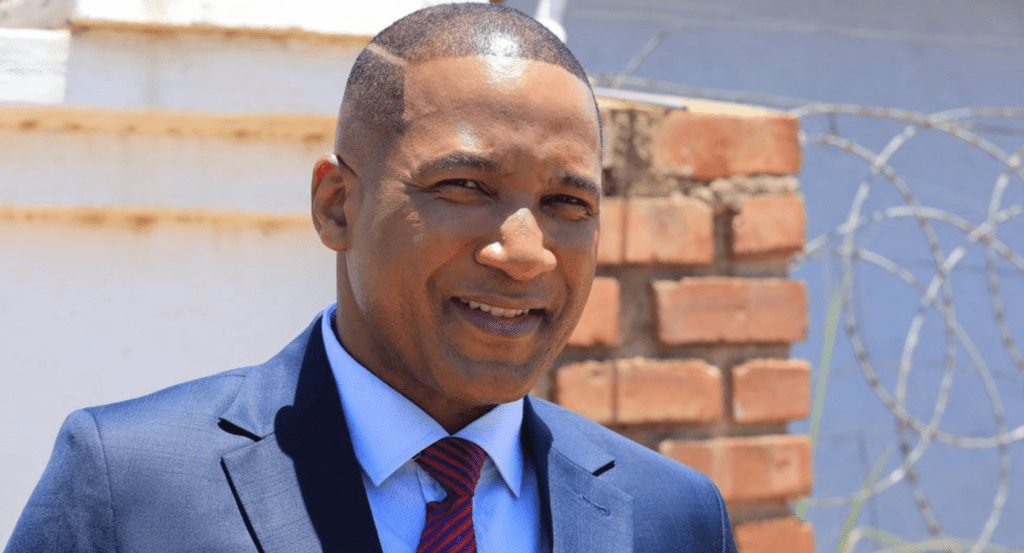Botswana’s newly inaugurated president, Duma Boko, has announced his intention to address the status of undocumented Zimbabweans living in Botswana by pursuing legislation that would grant them legal residency. This move, according to Boko, aims to bring undocumented immigrants into the formal economy and improve their access to legal rights and social services.
In his first public statements since assuming office, President Boko outlined his plan, stating that regularizing undocumented Zimbabweans would enable Botswana to better manage immigration and improve the conditions for migrants. He emphasized the importance of supporting regional stability and collaboration, which he believes will be reinforced by a more inclusive policy on undocumented immigrants.
Botswana has long been a destination for Zimbabweans seeking economic opportunities and safety due to the challenging conditions in their home country. However, many Zimbabwean migrants live and work in Botswana without legal documentation, leaving them vulnerable to exploitation, job insecurity, and limited access to services. By granting legal status, the new administration aims to protect these individuals while also addressing labor shortages in specific sectors of the Botswana economy.
The announcement has sparked mixed reactions. Supporters of the policy argue that it could benefit Botswana by boosting its workforce, improving tax collection, and reducing illegal activities associated with undocumented migrants. They see it as a compassionate and practical approach to a regional migration issue. Critics, however, caution that the policy could strain Botswana’s resources and create social tensions, arguing that the influx of migrants might affect job opportunities for local citizens.
Despite the divided opinions, President Boko has remained firm on the proposal, calling for open discussions within Botswana’s government and public spheres to ensure a well-rounded approach. The proposal is expected to be debated in Botswana’s Parliament in the coming months, where lawmakers will consider the economic and social implications of legalizing undocumented Zimbabweans.
This initiative aligns with Boko’s broader goals of promoting regional unity and economic collaboration within southern Africa. Observers note that, if successful, the policy could influence other neighboring countries facing similar immigration challenges.




















